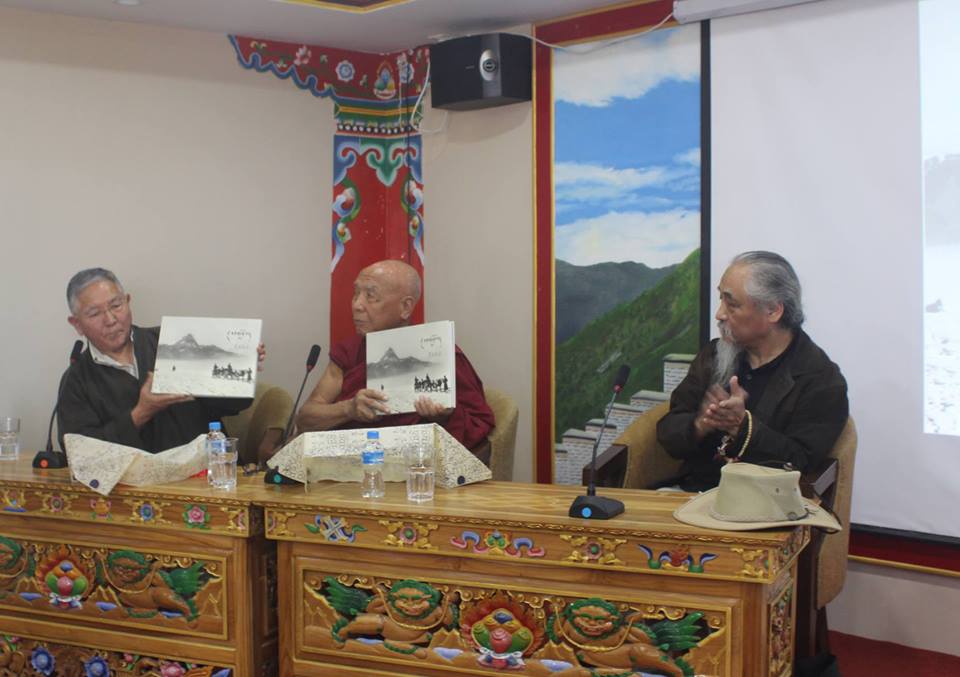China gives official names to six places in Arunachal Pradesh
By Lobsang Tenchoe
DHARAMSALA, April 18: China has officially standardised names six places in the Indian state of Arunachal Pradesh, which they claim as ‘South Tibet’.
China’s Ministry of Civil Affairs announced on April 13 on its website that it has standardised in Chinese characters, Tibetan and roman alphabet the names of six places in the Arunachal Pradesh which do not have official Chinese names earlier.
The official names of the six places in the Roman alphabet are Wo’gyainling, Mila Ri, Qoidêngarbo Ri, Mainquka, Bümo La and Namkapub Ri respectively, Chinese state media globaltimes.cn reported.
The Indian Government did not budge to China’s diplomatic protest and allowed the Tibetan spiritual leader His Holiness the Dalai Lama to visit the region earlier this month.
Following the Tibetan leader’s nine-day visit to the region, China lodged a diplomatic protest and accused India of violating its commitments on Tibet and the border dispute. China further warned India that the visit would have negative repercussion on resolving the territorial disputes through negotiations.
On Apr 17, China’s Foreign Ministry Spokesman Lu Kang said the Tibetan spiritual leader’s visit to Arunachal Pradesh had a negative impact on India-China ties and warned India not to use the Tibetan spiritual leader to undermine their interests.
“The Dalai Lama’s visit to Arunachal Pradesh had a negative impact on India-China ties. India should observe commitment on Tibet-related issues and should not use the Dalai Lama to undermine China’s interests,” ndtv.com quoted Lu Kang as saying in its report.
The McMahon Line demarcation is the current effective boundary between China and India after the Chinese occupation of Tibet. It is a demarcation line drawn on the map referred to in the Shimla Accord, a treaty signed between Britain and Tibet in 1914.
China calls the Shimla Accord a treaty that was never validated and has laid claim to around 90,000 square kilometers of Arunachal Pradesh as its own territory, which India resolutely rejects.



